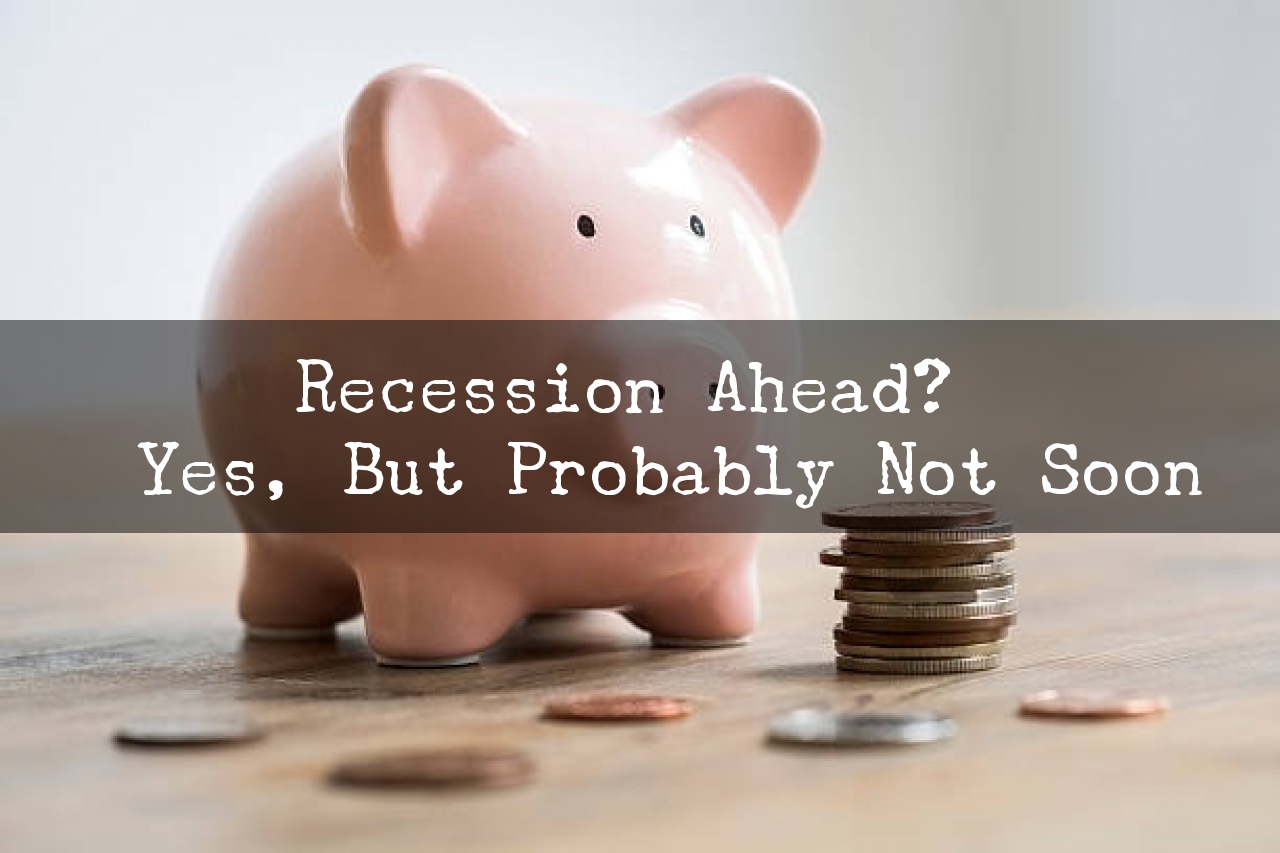Recession Ahead? Yes, But Probably Not Soon
Don't look for a recession in the months ahead. That's what economist Mark Zandi is saying as he scouts the economy for signs of the next downturn.
While Zandi is optimistic that the U.S. economy will continue humming into 2020, the risks of another setback are growing. "The next six to 12 months feel pretty good to me," Zandi, chief economist with Moody's Analytics, said in Dallas on Wednesday. "If this expansion continues, it will become the longest in history." Still, Zandi told local business execs that the likelihood of another downturn is rising. "This expansion is at the point where risks of recession are at all points elevated — highly elevated," he said. "Going forward. it's very prudent to be most cautious."
One of the downward pressures on business growth is a lack of workers to fill the surging number of jobs. "The current job growth is double the rate of the growth of the labor force," Zandi said. "Businesses' No. 1 problem far and away across every industry and across the entire country is labor — they can't find labor." Unemployment levels in the U.S. are approaching the lowest point since the 1950s, when the Korean War drained workers out of the domestic economy. The demand for labor in Texas is even greater than in most states. Texas leads the country in job creation.
"Texas right now has the lowest unemployment rate it has ever had since the government started keeping records," said Marisa DiNatale, senior director with Moody's. "In Dallas, it is 3.4%, and that's the lowest since 2000." Big increases in tech jobs are driving Texas' economic boom, she said. "This really is quite the tech story across most of Texas," DiNatale said. "That has produced very fast wage growth. "You've had a lot of corporate relocations to Texas," she said. "In every metro area except San Antonio, you are seeing high-wage jobs really dominating."
The tight job market is adding to overall wages and boosting consumer confidence. "That's all the fodder for very strong consumer spending," Zandi said. At some point, the higher wages and costs will kick off higher inflation, he said. "Because inflation is low, that would seem to suggest this economic expansion has longer to run," he said. "There are a number of factors that have been weighing on inflation that are going to fade away."
Higher inflation will put pressure on the Federal Reserve to begin raising interest rates — maybe as soon as late this year, Zandi said. Other looming risks to the economy Zandi sees include likely budget battles in Washington, rising national debt and deficits and escalating trade wars between the U.S. and its foreign trading partners. "The deficits and debt are large and only going to get larger because there is nobody in Washington on the watch," Zandi said. "We are going to have very large budget deficits ad infinitum into the future." Zandi said the higher federal trade tariffs on imported and exported products are a real threat to the U.S. economy.
The White House recently ramped up tariffs on billions of dollars in Chinese imports to 25%...

